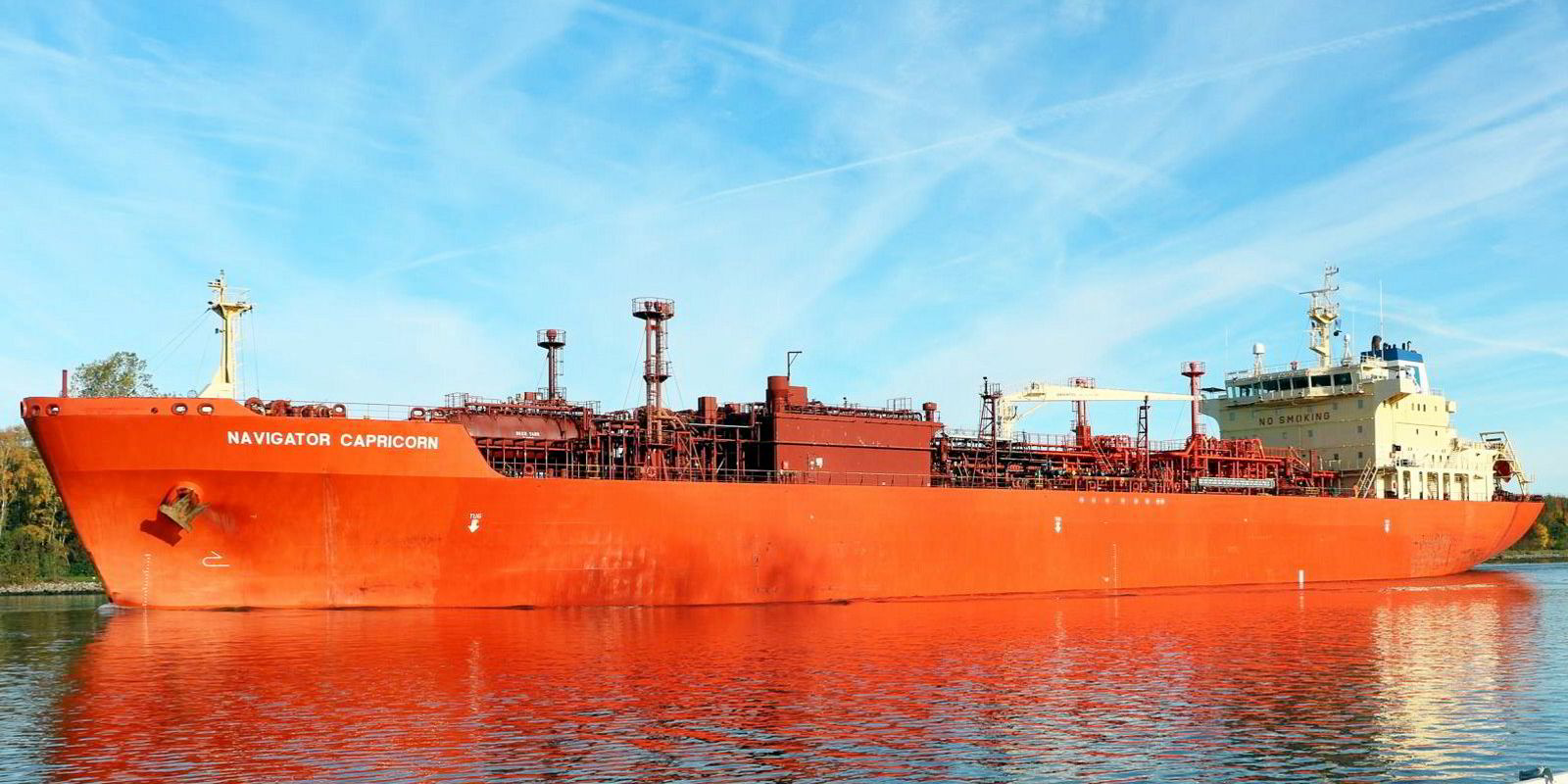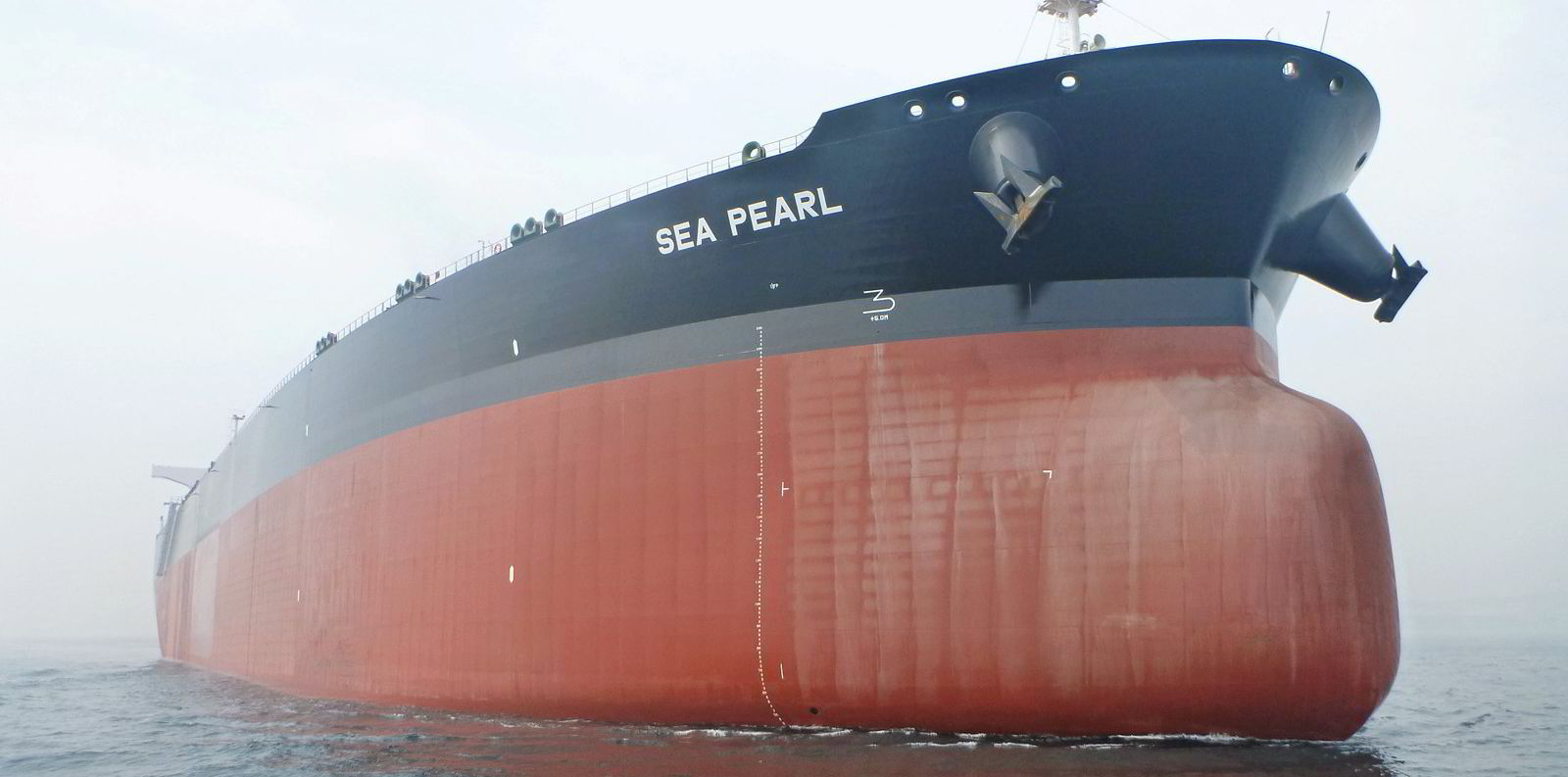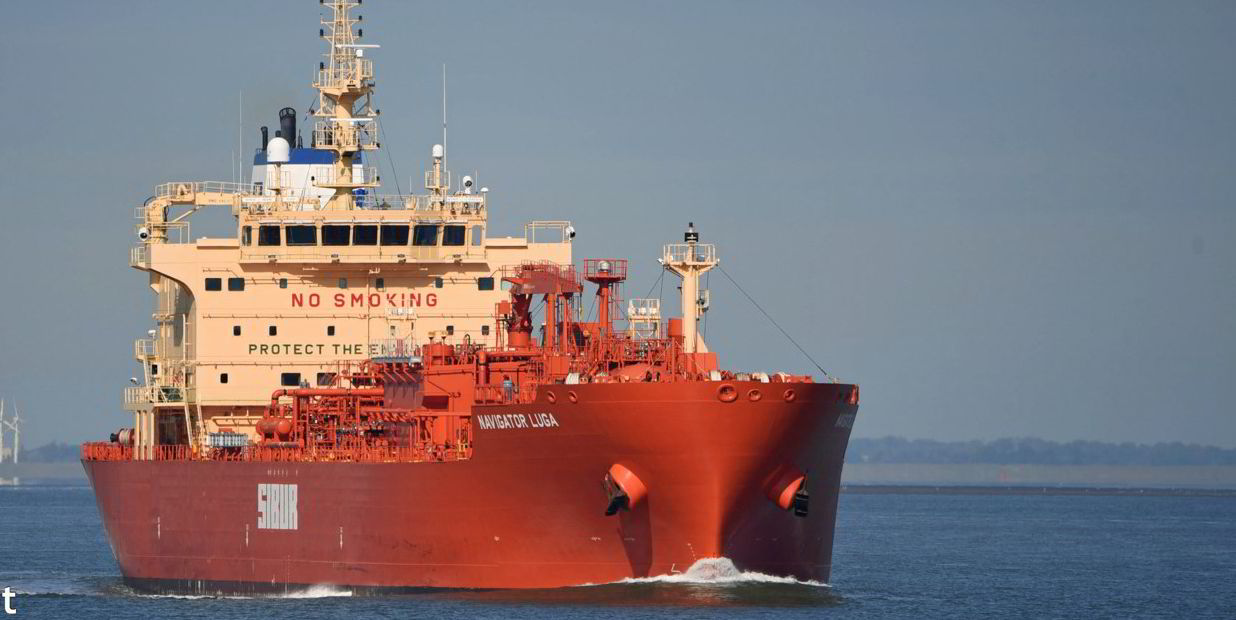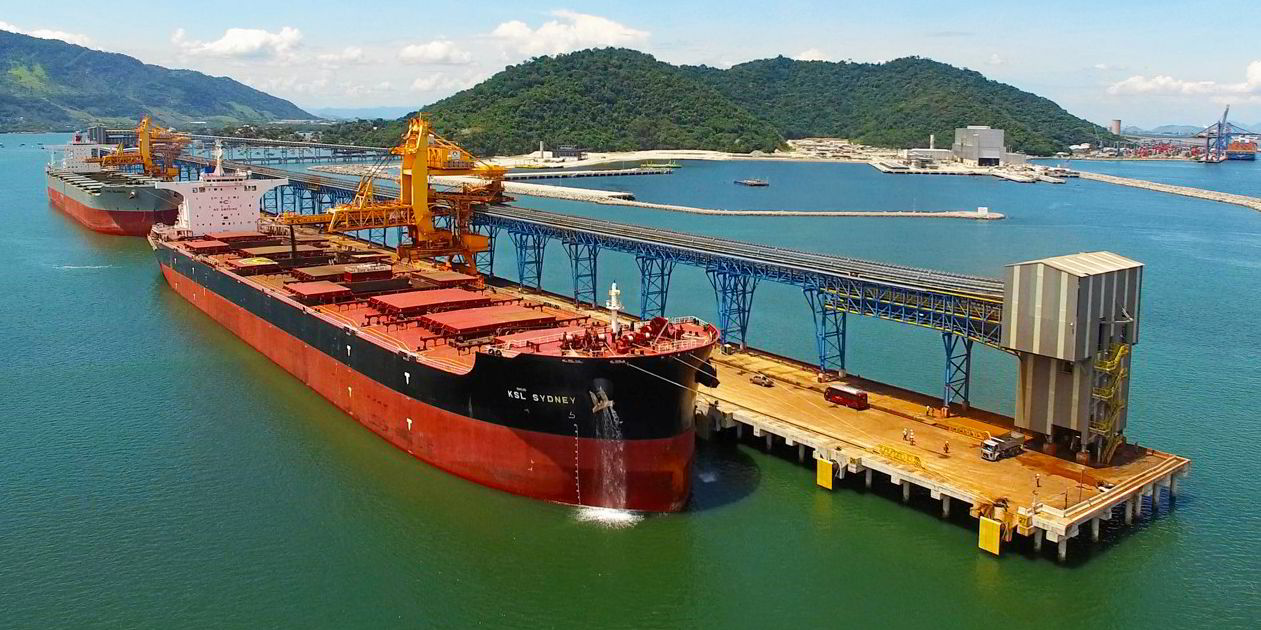With more companies setting voluntary targets to reduce emissions, shipowners and charterers are expected to have more chances to trade carbon offsets.
Total, Occidental Petroleum and Navigator Holdings are some of the companies that have acquired voluntary carbon credits to offset the emissions from their shipments in recent months.
Such credits are generated from environmental projects — such as reforestation or renewables — that help remove CO2 from the atmosphere.
Market participants said the voluntary market is lightly regulated and is often awash with carbon credits that have a wide price range.
“The cost [for carbon credits] will vary and it all comes down to economies of scale,” said Alexander Hochreutener, a partner at shipbroker BRS Group.
Transparent marketplace
This is in contrast to the European Union’s carbon trading system, in which emissions allowances change hands in a relatively transparent marketplace based on overall supply-demand fundamentals.
With some voluntary credits costing as little as $1 to $2 per tonne, Hochreutener said companies can offset the emissions from a 30-day VLCC voyage for less than $10,000.
But he suggested that companies select good-quality environmental projects that are related to their sectors and trading areas.
Legitimate offset projects generally need to be certified under the American Carbon Registry, Climate Action Reserve, Gold Standard or Verified Carbon Standard (VCS) programmes.
“Don't go for something cheap. Make sure you have high quality of credits,” Hochreutener said. “The last thing you want is for Greenpeace to climb on your vessel and say you are greenwashing.”
Senior employees at Navigator Holdings share a similar view.
Last month, the New York-listed LPG carrier owner acquired carbon credits to offset emissions from a voyage by its 20,550-cbm Navigator Capricorn (built 2008).
Those credits were from the VCS-approved IslaSol Island Solar Power project in the Philippines, home country to most of its seafarers.
“We wanted to support something that is relevant to a large proportion of our seafarers,” Navigator corporate social responsibility manager Alexander Walster said.
The company’s policy is to choose environmental projects with proximity to its business and that meet United Nations sustainable development goals.
“It wasn't so much about the cost,” said chief commercial officer Oeyvind Lindeman. “It had to be accredited and verified. So it’s a real project and has real carbon benefit.”






